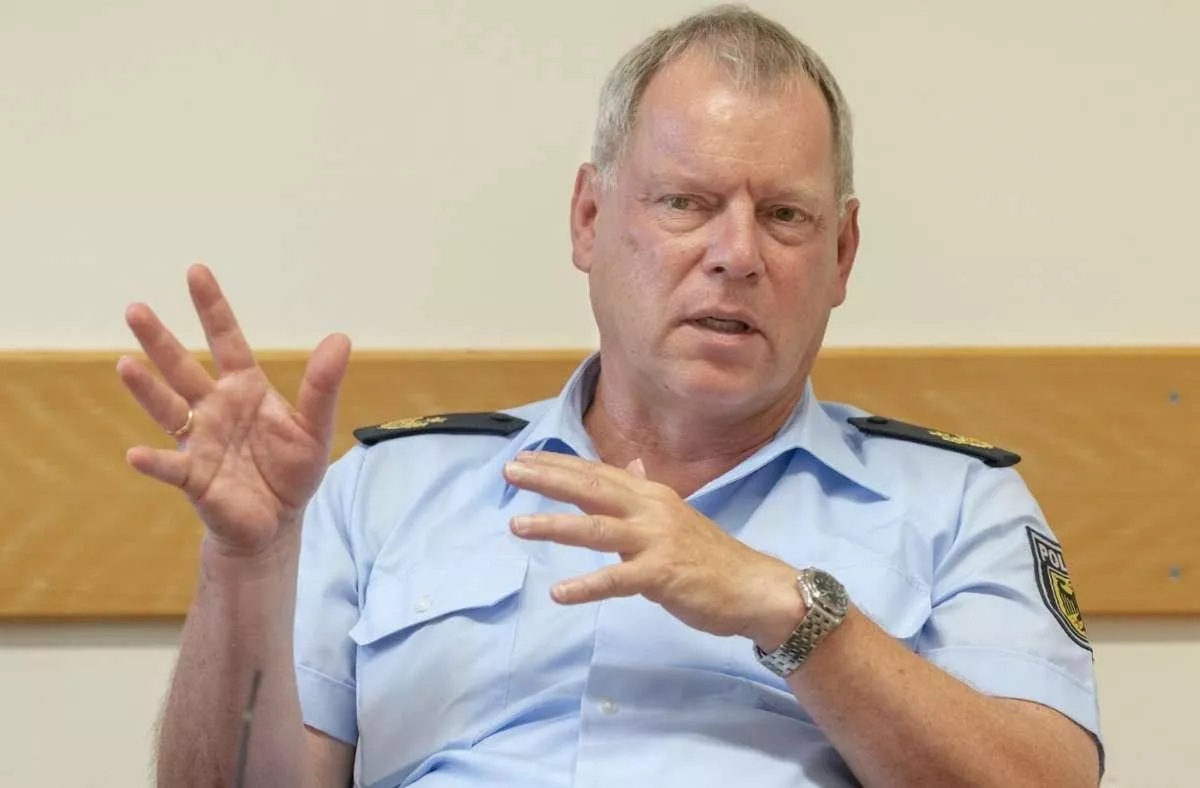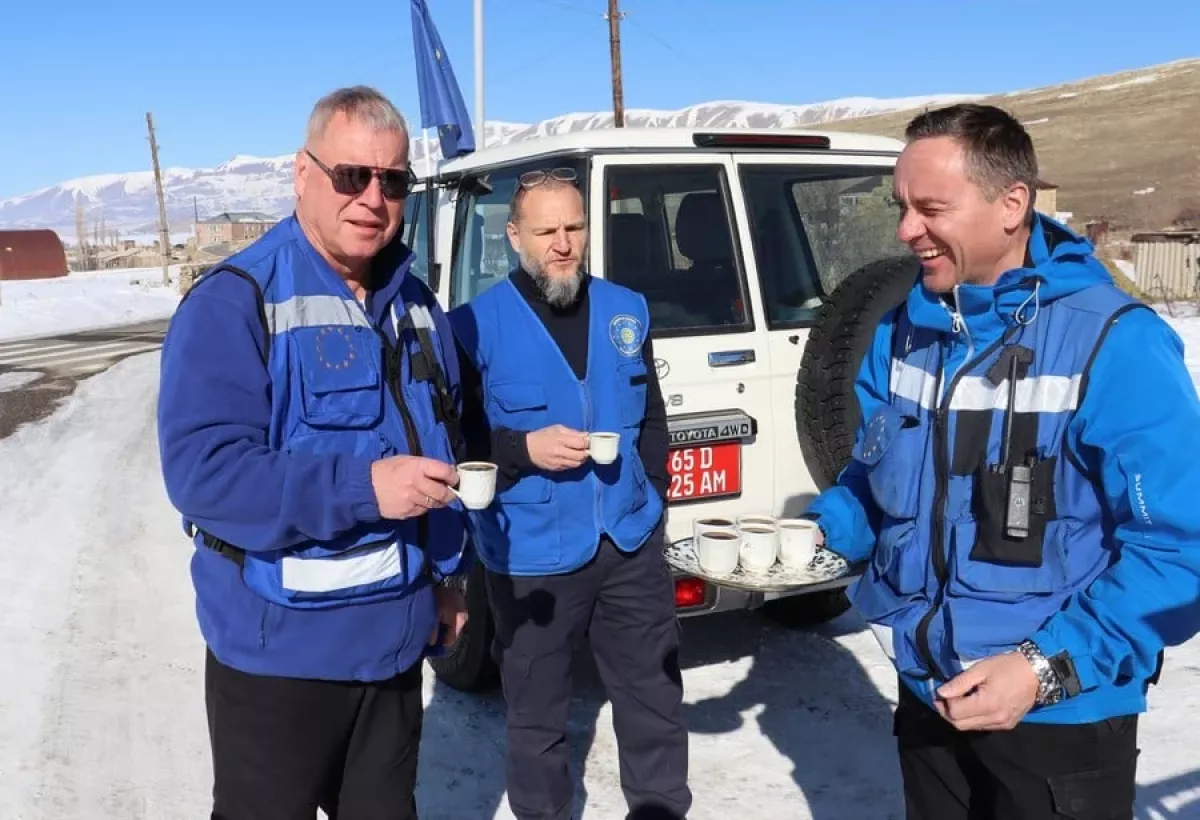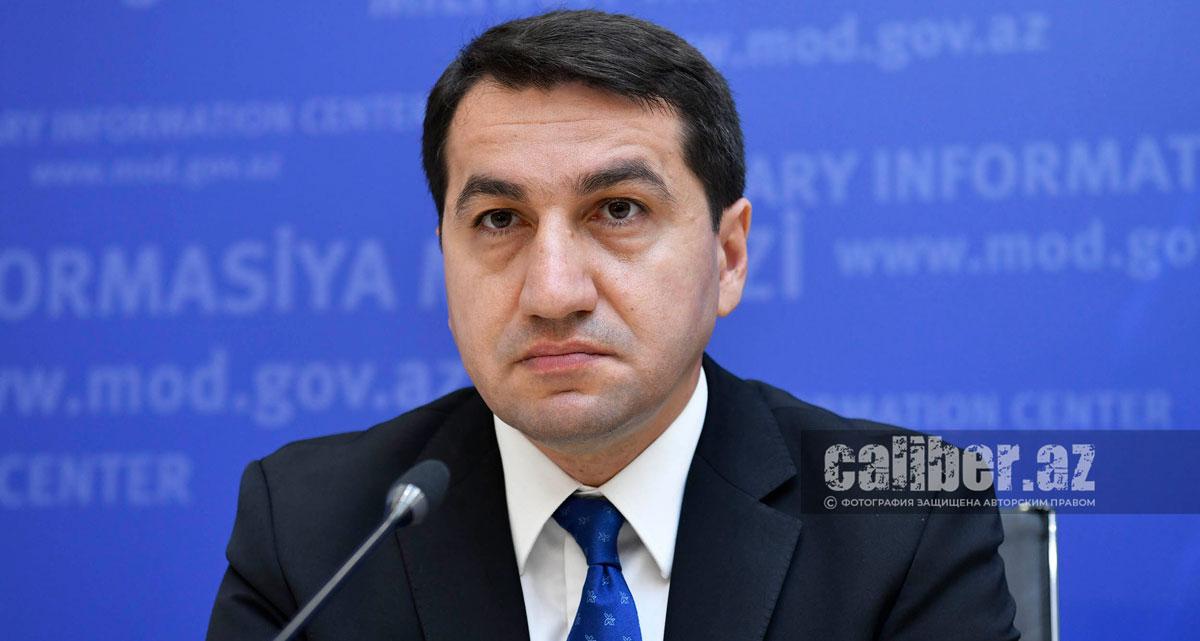EU mission on watch Markus Ritter returns to the spotlight
The head of the EU monitoring mission in Armenia, Markus Ritter, has once again appeared in the news cycle of the South Caucasus. This time, he took part in a meeting with delegates of the Armenian-Georgian conference in Ijevan and made a number of statements.
Frankly speaking, we expected the EU mission to make its voice heard amidst the turmoil currently shaking Armenia: the reactivation of the Karabakh clan, the mutual accusations and insults exchanged between Pashinyan and the Church, and Moscow’s growingly harsh rhetoric. And now Ritter has spoken – not just anywhere, but in the Prime Minister’s hometown.
The speech, it must be said, was rather curious. In addition to repeating familiar narratives, the German representative also offered something new.
“The mission started its activities since February 2023, when the Azerbaijani armed forces had already moved and entered some territories of Armenia. We are conducting observations along the border between Armenia and Azerbaijan,” said the head of the EU mission.

Here, Ritter repeats the narrative put forward by Armenian politicians, claiming that Azerbaijan allegedly occupied part of Armenian territory in September 2022. This thesis is clearly contested by Prime Minister Pashinyan, who fully understands that one cannot speak about Armenia’s territorial integrity while Armenia itself did not recognise Azerbaijan’s territorial integrity and had not even started the delimitation process.
As President Aliyev said in an interview with local TV channels back in January 2023, “If the border has yet to be delimited, who can say that the border passes here and not there? I think it should be here.” Incidentally, it was precisely after the clashes along the so-called border in September 2022 that Pashinyan hurried to recognise Azerbaijan’s territorial integrity within the 1991 borders at the first summit of the European Political Community in Prague.
However, while he acknowledged this verbally, Armenia’s constitution still contains claims over Karabakh. Strictly speaking, this situation still gives Azerbaijan every right not to recognise Armenia’s territorial integrity.
“Our goal is to promote peace and stability in the region, preventing tensions on the border with Azerbaijan. We often visit border settlements, which have some extent [been] affected by the conflict. We want to provide a security environment and confidence in the residents of border communities in our presence,” Ritter also said.
Well, that’s an old tune. In reality, the EU mission does nothing to promote peace; otherwise, it would have warned the Armenian side against numerous armed provocations. It is precisely the firm response from Baku—not the actions of the EU mission, which simply hid in the bushes during escalations along the so-called border—that has so far prevented Armenian armed provocations from escalating into full-scale hostilities.
However, Ritter persists and continues to lie like Baron Münchhausen: “For example, two years ago, the RA Ministry of Foreign Affairs asked us to conduct observations in the village of Khachik, as the Azerbaijani military was firing in the direction of the farmers, but when we started observing in the area, the shooting stopped.”
One could spend a long time dissecting what Ritter says—or rather, rambles—but instead, a simple question arises: why would the victorious Azerbaijani army shoot at villagers? Sure, if it were necessary to drive away uninvited armed intruders, firing warning shots into the air or even at those intruders might happen, but this is clearly not the case.
“Azerbaijan [...] considers the monitoring mission to be a spy network engaged in intelligence activities, whereas all of this is untrue, we are not a secret service, our only goal is to prevent tension in the South Caucasus and help Armenia to have better positions in the negotiations process, which proceeds more effectively when there are no gunshots,” Ritter said.

This statement must be assessed from two angles.
First, Ritter is, to put it mildly, being disingenuous by denying the espionage nature of the mission — and this is perhaps the only point in his agenda that we acknowledge, since no intelligence officer ever admits to being a spy. At the same time, the espionage activities of the mission have been repeatedly covered by Azerbaijani media, including our website. The information was obtained from reliable sources.
What is most surprising, however, is Ritter’s shameless admission that the EU mission helps the Armenian side “to have better positions in the negotiations process.” In other words, Brussels openly admits that it has taken the side of the defeated occupier and aggressor in the negotiation process.
It seems the struggle for influence in Armenia has reached such a level that the EU no longer hesitates to sell itself at a premium to both the ruling authorities and Armenian society as a whole. Brussels is trying to create the impression that, without its presence, Azerbaijani aggression against Armenia would supposedly occur. Apparently, Brussels was hit hard by Yerevan’s agreement on a draft peace treaty clause stating that armed representatives of third countries cannot be present on the border between the two states.

All of this is happening against the backdrop of a broader understanding that the EU mission’s activities in Armenia are not fully legitimate. As Hikmet Hajiyev, aide to the President of Azerbaijan, emphasised last December:
“The deployment of the mission was agreed upon in Prague during a meeting between President Ilham Aliyev of Azerbaijan, President Emmanuel Macron of France, then-President of the European Council Charles Michel, and Prime Minister Nikol Pashinyan of Armenia. At that time, the parties agreed the mission would be short-term. However, as we can see, it has taken on a permanent character, with its composition and mandate also expanding.”
Markus Ritter’s speech once again confirmed both the destructive nature of the EU mission in Armenia and, more broadly, the European Union’s role in the Armenia-Azerbaijan settlement process, as well as Brussels’ fear that Yerevan is slipping out of Western influence, intent on fully normalising relations with Baku and Ankara.
Given that the mission, by virtue of its intelligence functions, holds a certain degree of influence within the country, Pashinyan should strengthen oversight over it. Whether he will be able to do so remains an open question.








